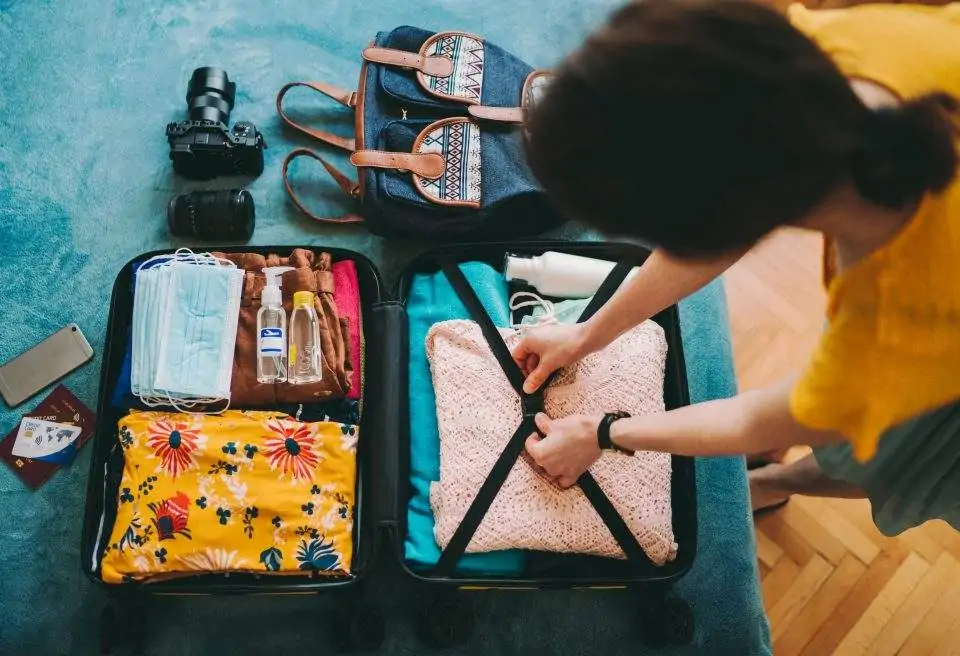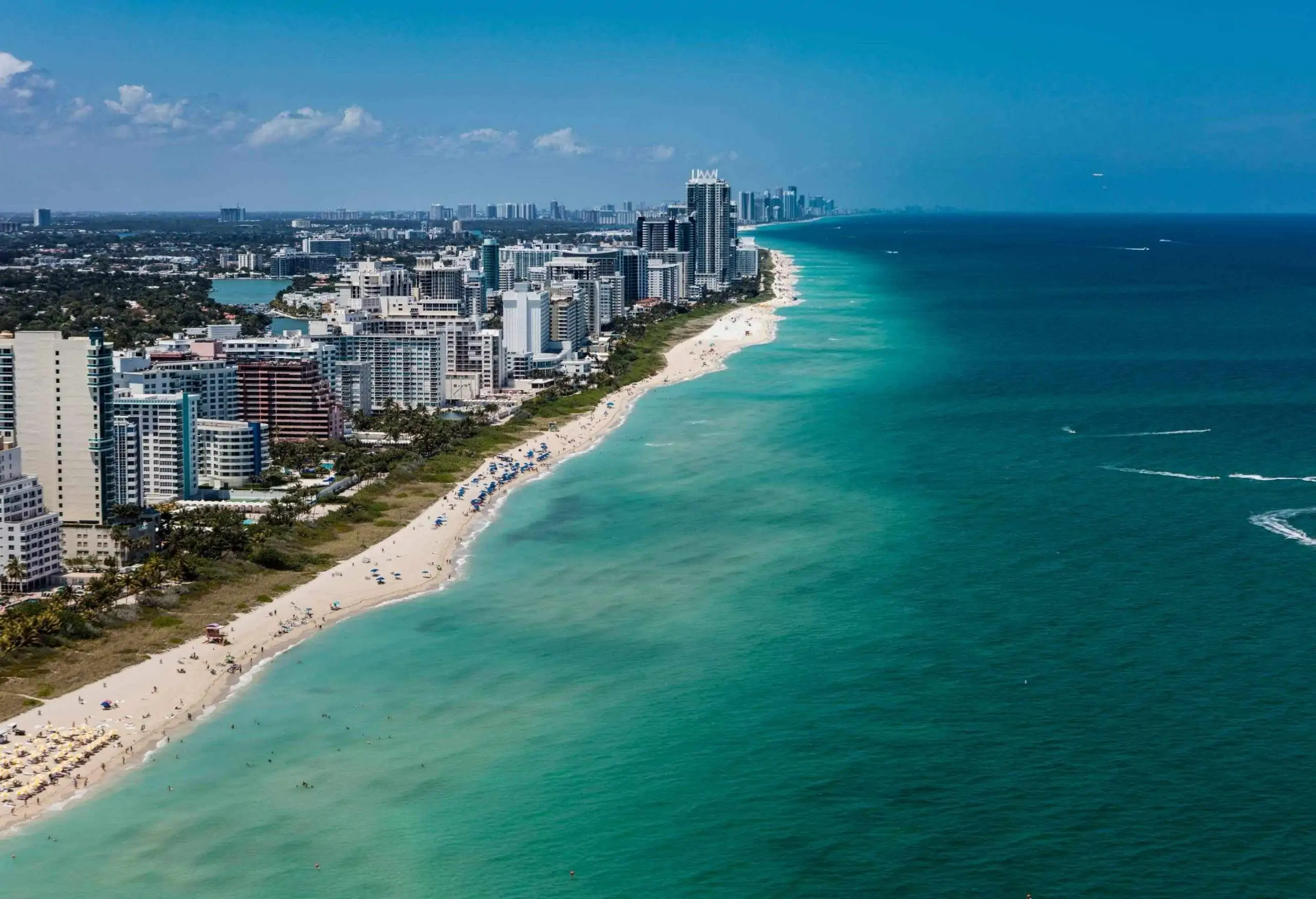From flipping coins to plucking petals to the fail-safe eenie-meenie, we’ve always been a logical bunch when it comes to decision-making. So it should come as no surprise that after 130 years, we’re still letting a magical woodchuck predict the next six weeks of weather. What can we say? Sometimes the Weather Channel just won’t do.
Groundhog Day is one of those strange phenomena you just kinda need to go with. For those who’ve been living under a rock (or in a burrow) for the past century or so, legend has it that when a groundhog comes out of his hole on Feb. 2, if he sees his shadow and retreats back inside, there will be six more weeks of winter. But, if he doesn’t, there will be an early spring. Punxsutawney Phil is the most famous of the weather-predicting groundhogs, residing in Punxsutawney, Pennsylvania and made famous by the 1993 film “Groundhog Day.”
While we’re entrusting an animal whose sole life purpose is burrowing into the ground with such a high-profile job, we thought, why stop there? After all, planning a trip requires a lot of decision making and sometimes we could all use a little help. Why flip a coin when you could consult a furry friend? From choosing between an urban or rural setting, hotel or Airbnb, or between a suitcase and backpack, here’s how we’re using Phil’s skills to help us plan our next trip.
Somewhere hot or somewhere cold?
If you’ve slugged it through the first few winter months in North America, chances are you’re leaning towards a beach vacation. But if an early spring is coming our way, you may want to take advantage of off-season prices and head somewhere a little chillier — a ski resort in Japan, a hot spring in Iceland, or even a winter wonderland closer to home, like Colorado. These are decisions best left to Phil. If he sees his shadow, it’s off to somewhere tropical — but if not, pack those snow boots.
City or country?
Whether your vacation personality is more “see it all” or “relax and recharge,” opting for an urban vs. rural setting can completely shift the nature of a trip — especially if you don’t have time to visit both. If you’re on the fence, it’s always wise to let an animal that resides in grassy highway medians do the dirty work for you. Let Phil choose whether you’re off to Madrid or Andalusia in Spain, Rome or northern Tuscany in Italy, or Vienna or Lake Halstatt in Austria.
Hotel or Airbnb?
Do you go the pampered route and stay at a boutique hotel, where fresh towels magically appear at all hours, there are restaurants and bars on the premises and you barely have to lift a finger for the duration of the trip? Or do you save some dough and opt for a quaint Airbnb, where you feel like less of a tourist and more of a local and (bonus!) there’s usually a fridge that fits more than a juice box? Either can completely change a trip—but, again, we aren’t just going to make such an important decision on the fly. If Phil stays outside, hotel it is. If he retreats back to his burrow, it’s off to an Airbnb. If only all major life choices were this easy.
Suitcase or backpack?
Both have their perks and pitfalls. It’s much easier to neatly pack a suitcase and dig out that one specific sundress without emptying the entire contents of your bag onto a questionable floor. But backpacks make for easy mobility, especially if you’re hopping from place to place (or, if you ever come across a cobblestone street—your tiny suitcase wheels are no match). If you just can’t decide, defer to Phil. Six more weeks of winter mean suitcase, early spring means backpack.
Rent a car or take public transit?
On vacation, chances are you’re either an in-car person or an on-foot person. Having a rental car can be a huge asset for impromptu road trips and exploring outside the boundaries of a city, but it can also be a burden if parking is expensive and tricky to navigate (or if you find yourself on a Croatian island where roads wind around cliffs and guardrails are an afterthought). On the other hand, public transit can be a great way to save funds, see a city from a local’s perspective and not have to worry about learning to drive on the opposite side of the road if you find yourself in the United Kingdom. But don’t let logic get in the way of your rational decision-making. Let Phil make the call. Shadow = car. No shadow = walk it out.
Main image: istockphoto/toos





